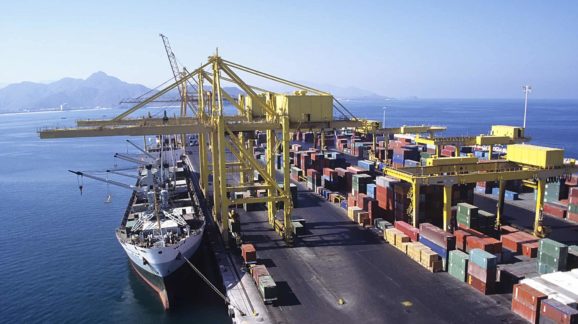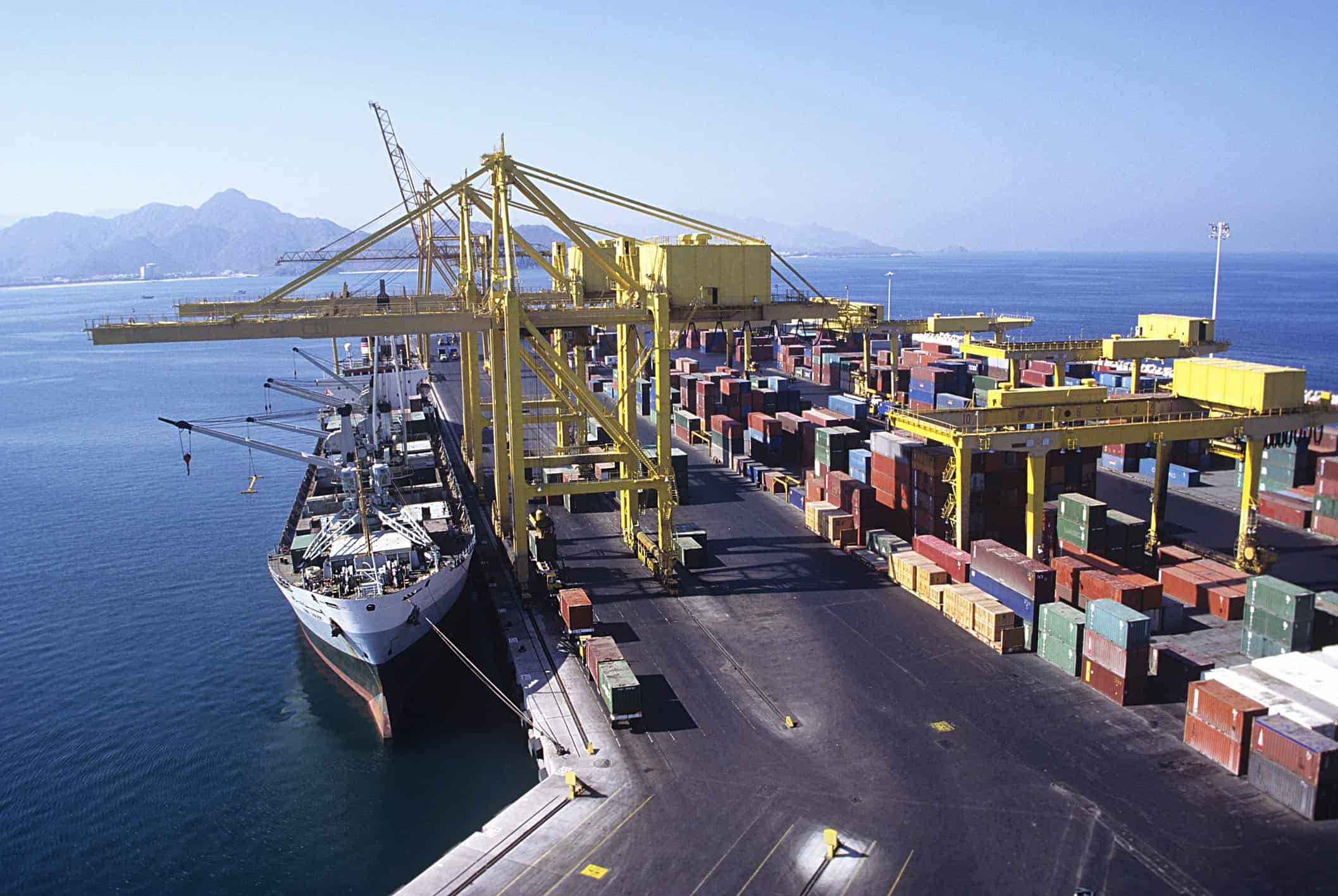Interior States Take on Coastal States over Climate-Related Project Approvals

 When the state of Washington rejected a proposed new coal export facility in 2017, it probably expected the usual appeals from the project’s developers. But it may not have anticipated a constitutional battle supported by eight interior states under the Commerce Clause.
When the state of Washington rejected a proposed new coal export facility in 2017, it probably expected the usual appeals from the project’s developers. But it may not have anticipated a constitutional battle supported by eight interior states under the Commerce Clause.
The proposed Millennium Bulk Terminals coal export facility would be located in Washington state along the Columbia River, and it would have sent Wyoming and Montana coal on its way across the Pacific to buyers in Asia. But under section 401 of the federal Clean Water Act, such projects require approval by impacted states, which Washington denied.
The state made little effort to conceal the fact that it was more concerned about the commodity the proposed facility would have been exporting rather than any legitimate water quality issues, and indeed Washington Governor Jay Inslee has since announced his candidacy for the Democratic presidential nomination and has made climate change his top campaign issue.
Now, the project’s developers, Lighthouse Resources, are challenging this decision on Commerce Clause grounds. The Commerce Clause gives Congress the authority to regulate commerce among the states and has been interpreted to limit states from taking actions that would discriminate against another state’s commerce.
Interior states are dependent on coastal states for their ports enabling access to global markets. Wyoming, Montana, and several other coal-producing states argue in an amicus brief that Washington’s rejection of this coal export facility prevents them from selling a lawful product globally and thus is unconstitutional.
Interestingly, Nebraska and Kansas have also joined in the brief even though they have a lot more agriculture than coal. Both raise the concern that if coastal states are not prevented under the Constitution from blocking exports of coal, it is a relatively short jump to allowing them to do the same for other politically-incorrect goods, such as GMO crops or even non-organic produce.